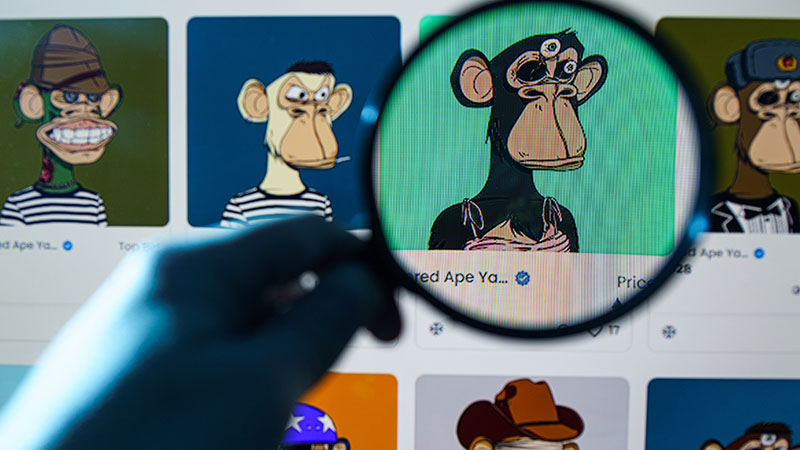
NFTs, or Non-Fungible Tokens, are a type of digital asset that has gained tremendous popularity in recent years. These digital assets are unique and non-tradable, making them ideal for selling digital artwork, collectibles, and other types of exclusive content online.
However, there is one aspect of NFTs that is often overlooked: their expiration. Unlike other digital assets like cryptocurrencies, NFTs are not necessarily permanent and can expire after a certain period of time.
In this article, we will explore why NFTs expire, what this means for NFT owners, and how they can protect their investment in the long term.
Why do NFTs have an expiration date?
NFTs are designed to work on the blockchain, the same technology used for cryptocurrencies like Bitcoin and Ethereum. The blockchain is essentially a decentralized database that securely and permanently stores information in a network of computer nodes around the world.
However, even though the blockchain is very secure and resistant to tampering, it is not foolproof. Blockchain developers often implement updates and enhancements to fix vulnerabilities and improve security. These updates may have consequences for NFTs that were created before the update.
Additionally, NFTs can also expire if the platform they were created on is no longer in operation. Many NFT platforms are relatively new and still in development, which means they may go out of business or change their business model in the future.
What does this mean for NFT owners?
For NFT owners, expiration means that their investment may not be as safe as they thought. If an NFT expires, it can lose its value or even disappear entirely. This can be particularly problematic for digital art collectors who invest large sums of money in unique NFTs.
However, not all NFTs expire. Some NFT developers are working on solutions to ensure the longevity of their digital assets. For example, some NFTs are designed to be automatically updated when a blockchain update is performed. Other NFTs may be backed by an organization or entity that guarantees their longevity.
In this sense, NFTs that have an expiration date can be seen as a partial solution to data storage and intellectual property problems. This is because they allow content creators to control access to their work while also giving them a way to earn money from their work online.
However, there are those who question the need for NFTs to have an expiration date. Some argue that this could limit the value and utility of the tokens. If an NFT expires after a certain period of time, what happens to its market value? How can you ensure that the NFT owner can continue to access their work after the token has expired?
Also, the idea of an NFT having an expiration date might not be very popular with digital art collectors and other NFT users looking to invest in unique and valuable digital items. For these people, the prospect of their investment losing value or ceasing to exist after a certain period of time could be daunting.
In short, while expiration-dated NFTs may offer some advantages for content creators and owners of digital works, they also raise questions and challenges in terms of long-term value and utility. A more balanced approach may be needed to address these issues and allow NFTs to remain a valuable tool for the storage and management of data and intellectual property online.